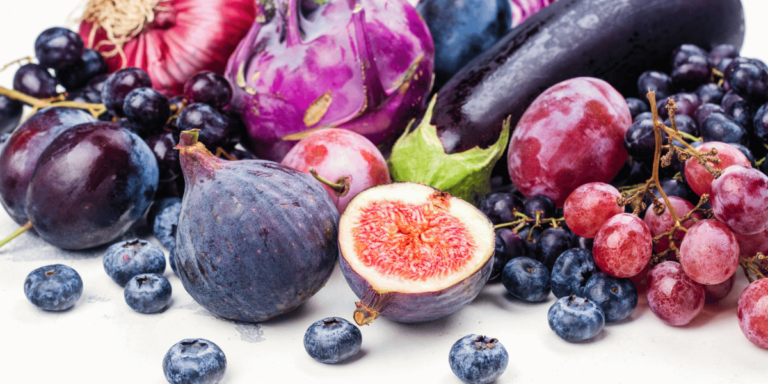Non Starchy Vegetables: What Are They & their Amazing Benefits

Vegetables are a vital component of a healthy diet, offering a diverse array of nutrients. They can be classified into two primary categories: starchy and non-starchy vegetables. Both categories come with their own set of benefits and considerations, emphasizing the importance of incorporating a variety of vegetables into your diet. In this discussion, we will delve into the specifics of non-starchy vegetables to gain a comprehensive understanding of their significance and benefits.
Exploring Non-Starchy Vegetables
Understanding the Concept
Non-starchy vegetables, as the name implies, refer to vegetables with minimal starch content. Since starch is a complex carbohydrate, non-starchy vegetables contain lower levels of carbohydrates. While carbohydrates are a necessary component of a balanced diet, it is sometimes essential to moderate their intake to maintain healthy levels.
Non-starchy vegetables offer a multitude of benefits, including serving as a filling food source, providing essential nutrients, and aiding in the management of carbohydrate intake. These vegetables are generally lower in calories, allowing for a higher intake without consuming excessive calories. Additionally, their high water content contributes to hydration when included in meals. To discover five examples of non-starchy vegetables and their respective benefits, continue reading.
List of Non Starchy Vegetables
- Broccoli
- Mushrooms
- Cucumber
- Artichokes
- Cauliflower
5 Nutrient-Packed Non-Starchy Vegetables
1. Broccoli Broccoli, a nutritional powerhouse, is brimming with essential vitamins and minerals. Its rich vitamin K content promotes bone density, while sulforaphane helps combat cancer. Carotenoids contribute to improved eye health, and its protein and fiber content add to its nutritional value. Broccoli also contains folic acid, supporting a healthy pregnancy.
2. Mushrooms Mushrooms, available in a diverse range, offer various minerals, with a notable benefit being their vitamin D content. Given that many individuals spend prolonged periods indoors, the presence of vitamin D is crucial for maintaining bone and muscle health, as well as regulating mood and energy levels.
3. Cucumber With a water content of 97%, cucumbers are exceptional for meeting hydration requirements. They are also a fantastic option for weight management, containing a mere 16 calories per cup, making them an ideal addition to any diet plan.
4. Artichokes Although an unconventional vegetable, artichokes boast an impressive array of 17 different vitamins and minerals, making them a veritable health powerhouse. They contribute to reducing bad cholesterol levels and regulating blood pressure, enhancing overall cardiovascular health.
5. Cauliflower Cauliflower has gained popularity in recent years, owing to its versatility, from cauliflower wings to cauliflower pizza. This vegetable contains cancer-fighting phytonutrients and antioxidants, along with a high fiber content. Additionally, the presence of choline in cauliflower has been linked to improvements in memory, sleep, and cognitive function.
The incredible benefits of these non-starchy vegetables highlight their importance as a simple, delicious, and effective means of incorporating a diverse range of nutrients into your diet.





